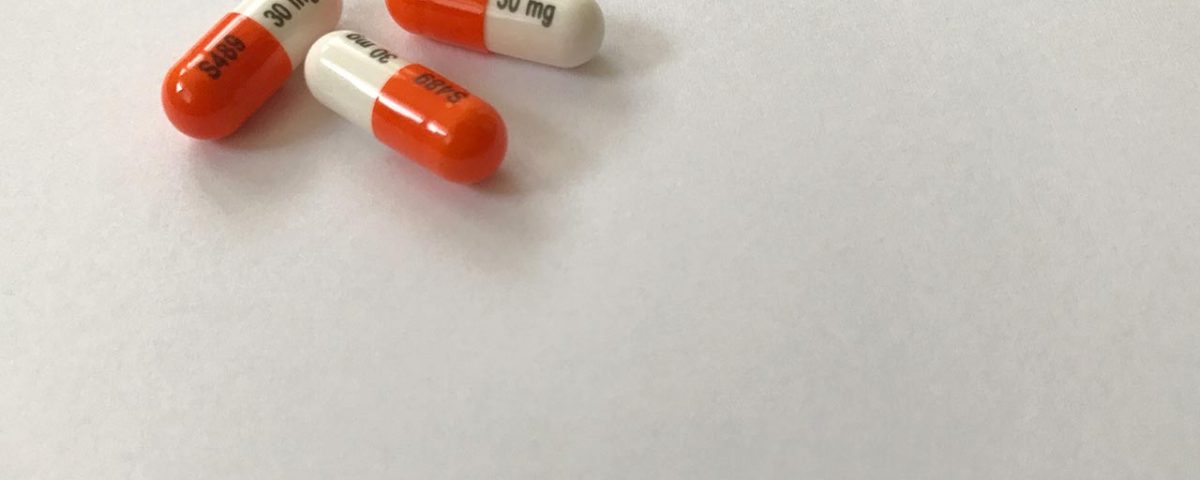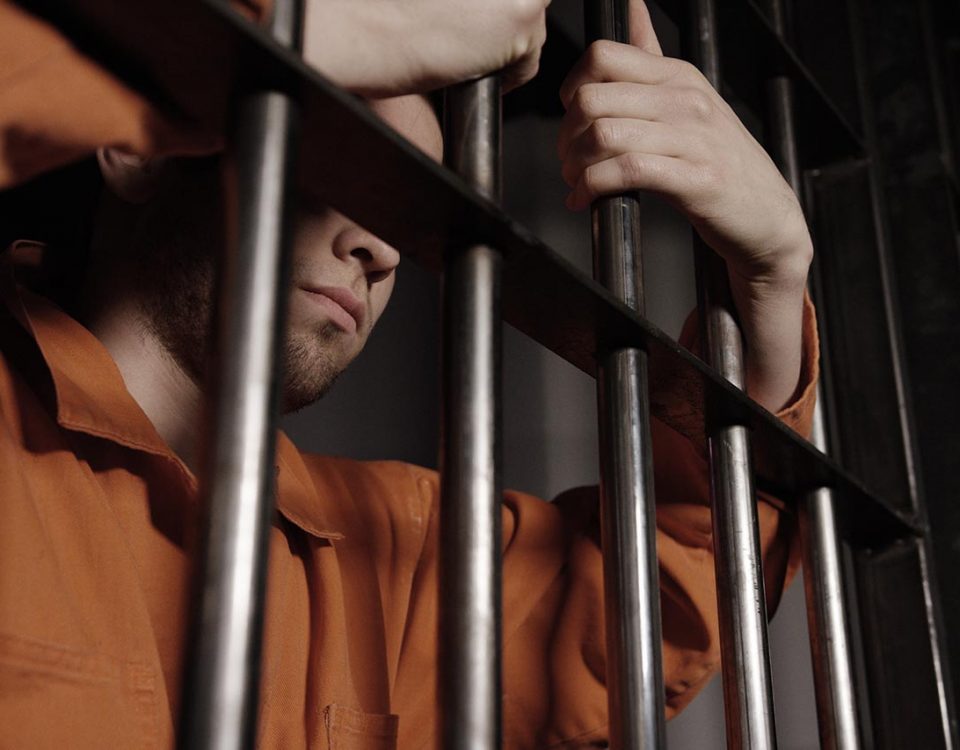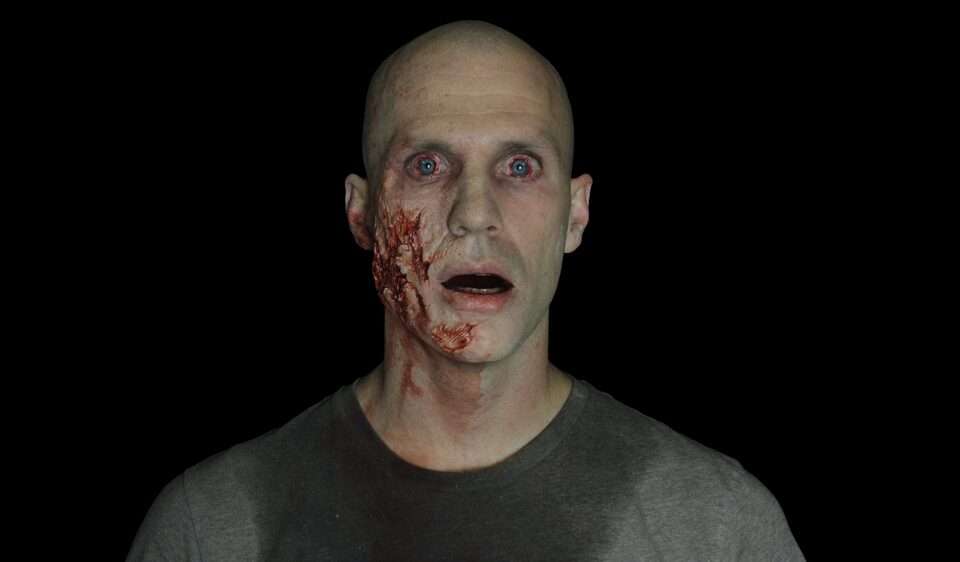Prescribing doctors will warn their patients against drinking alcohol with most if not all types of medications. While some people accidentally drink alcohol without realizing their medication is still in their system, others may mix their prescription drugs with alcohol to get high or produce a particular effect. Today Banyan Treatment Centers Palm Springs is looking into the effects of mixing Vyvanse and alcohol and why you should think twice before drinking on ADHD medication.
What Is Vyvanse?
Vyvanse is the brand name for lisdexamfetamine, a stimulant medication that is used to treat symptoms of attention deficit hyperactivity disorder (ADHD). Vyvanse works by altering the balance of certain chemicals in the brain, such as norepinephrine and dopamine, to regulate ADHD symptoms like hyperactivity, impulsivity, and poor concentration.
Norepinephrine is a naturally occurring hormone and neurotransmitter that acts as a stimulant, increasing heart rate and blood pressure, among other things. Dopamine is a naturally occurring chemical that stimulates feelings of pleasure and reward.
Stimulants like lisdexamfetamine work to balance these chemicals to help people with ADHD concentrate, perform better at school and work, and control impulsive behaviors. However, like most stimulants, Vyvanse is also addictive.
Stimulant abuse is on the rise nowadays, especially among young adults, particularly college students. Taking higher doses of Vyvanse frequently can lead to tolerance, which means you’d need more of the medication to experience the same effects.
Tolerance gives way to physical dependence, which is when a person’s brain and body are unable to function normally without the drug. The more the person abuses the drug, the more likely they are to become addicted to it.
Many people may abuse Vyvanse to either improve their performance at work or school or simply for the high it can produce in large doses. In addition to developing a substance use disorder, Vyvanse abuse also increases the individual’s risk of overdose. If you notice that someone is misusing a prescription stimulant, get them help as soon as possible.
Can You Drink on Vyvanse?
No, you cannot drink on Vyvanse. Prescribing doctors will warn against drinking alcohol on Vyvanse because both substances can produce an adverse reaction. Below are some possible effects of Vyvanse and alcohol.
Heart Problems
Mixing Vyvanse and alcohol increases your risk of heart disease significantly. A Vyvanse and alcohol interaction can cause sudden death, heart attack, stroke, high blood pressure, and chest pain.
Long-term use of Vyvanse can also cause cardiomyopathy, a heart muscle disease that makes it more difficult for your heart to pump blood throughout the body, which can lead to heart failure. Excess alcohol use can also cause high blood pressure and cardiomyopathy, as well.
Not only can mixing alcohol and Vyvanse increase these side effects, but the combination is also riskier in those with preexisting health conditions like heart disease or high blood pressure.
Alcohol Poisoning
It’s also important to note that alcohol and Vyvanse produce opposing side effects. While alcohol is a depressant that supresses neural activity in the brain, Vyvanse is a stimulant that excites neural activity in the brain.
When lisdexamfetamine and alcohol are combined, not only can alcohol interfere with Vyvanse’s efficacy in treating the person’s ADHD symptoms, Vyvanse’s stimulating effects can prolong the onset of alcohol effects. Therefore, this interaction can lead to further Vyvanse use and alcohol use to experience certain desired effects.
Because this combination can interfere with alcohol’s effects and lead to heavier drinking, the person’s risk of alcohol poisoning is also elevated. Alcohol poisoning is a medical emergency that can produce symptoms like confusion, seizures, vomiting, blacking out, poor breathing, changes in heart rate, coma, and even death.
Lisdexamfetamine And Alcohol Overdose
Mixing Vyvanse and alcohol can also cause an overdose. Since alcohol is a depressant and Vyvanse is a stimulant, drinking alcohol counteracts Vyvanse’s effects, overwhelming the central nervous system with opposing commands.
This could make it seem as if Vyvanse isn’t taking effect, which may encourage the user to disregard caution and take more doses of Vyvanse, which can increase their risk of overdose if not cause it.
Vyvanse overdose symptoms may include:
- Tremors
- Restlessness
- Overactive reflexes or twitching
- Rapid breathing
- Panic
- Hallucinations
- Confusion
- Anxiety
- Rhabdomyolysis
- High fever
- Nausea and vomiting
- Diarrhea and stomach cramping
- Shock
Convulsions, coma, and death may also result from a Vyvanse overdose. If you recognize any of the symptoms listed above in yourself or someone else, call 9-1-1 immediately. A lisdexamfetamine overdose can be fatal if not treated in time.
Increased Risk of Addiction
In addition to heart problems, alcohol poisoning, and overdose, drinking on Vyvanse also comes with the risk of addiction. Both lisdexamfetamine and alcohol are highly addictive substances that can produce a substance use disorder if abused.
When it comes to prescription drugs like Vyvanse, taking higher doses than prescribed, taking them without a prescription, and mixing them with other substances like alcohol are all forms of drug abuse. Additionally, mixing alcohol with other substances or drinking more than 4 drinks a day for men and more than 3 drinks a day for women is considered heavy alcohol use.1 This makes the likelihood of developing an alcohol or Vyvanse addiction that much higher.
Both substances can also lower your inhibitions when consumed in high doses or combined. Lowered inhibition or impaired judgment can lead to risky behaviors, such as driving while intoxicated, violence, criminal offenses, or unsafe sexual interactions.
How Long After Taking Vyvanse Can I Drink Alcohol?
It is advised to wait at least 24 hours after taking your last dose of Vyvanse before ingesting any alcohol for your safety. This window of time enables the medication to leave your body and lowers the risk of harmful interactions. It's critical to choose the right time to drink alcohol after taking Vyvanse to reduce the risks involved. Vyvanse's effects can differ based on the person's metabolism and dosage, and its duration of action is roughly 10 to 14 hours.
Half-life is another important factor to consider when contemplating the timing of alcohol consumption. The half-life of Vyvanse is around an hour, which means it takes an hour for half of the drug to leave the body. It's important to keep in mind, though, that the Vyvanse half-life could not accurately reflect the duration of the drug's impact. The conversion of Vyvanse into active dextroamphetamine lengthens the duration of its effects by up to 10 to 14 hours. Consequently, even though Vyvanse's half-life implies the drug is largely removed within a short length of time, people should use caution when drinking alcohol during this prolonged period.
As important as it is to be cautious of one’s own physical and mental state before drinking, not being able to stop is something that should be addressed as soon as possible. Especially in the context of polysubstance abuse, or the usage of more than one substance at a time, allowing these issues to persist can result in detrimental and long-term consequences for the individual involved.
Help for Alcohol and Vyvanse Abuse
If you’re wondering whether you can drink on Vyvanse or any other medication, always speak to your doctor first. Although doctors usually offer directions on what you should and should not do while taking certain medications, always speak to your doctor before changing a dose or taking anything with your medication to make sure it’s safe.
With that said, many people become addicted to their prescription drugs when they begin to misuse or abuse them in any way. If you or a loved one is struggling with drug or alcohol abuse, our Palm Springs, California drug rehab can help.
We offer prescription drug addiction treatment among a variety of other substance-specific treatment programs, each of which is designed to meet a patient’s needs based on their addiction and history of substance abuse. Before admitting patients into any particular level of care, patients undergo a clinical assessment so our experts can identify the severity of their conditions and create an effective addiction treatment plan.
Recovery is possible for everyone. For more information about all of the California drug treatment programs Banyan Treatment Centers offers, call us today at 888-280-4763.
Source:
- NIH - Drinking Levels Defined









